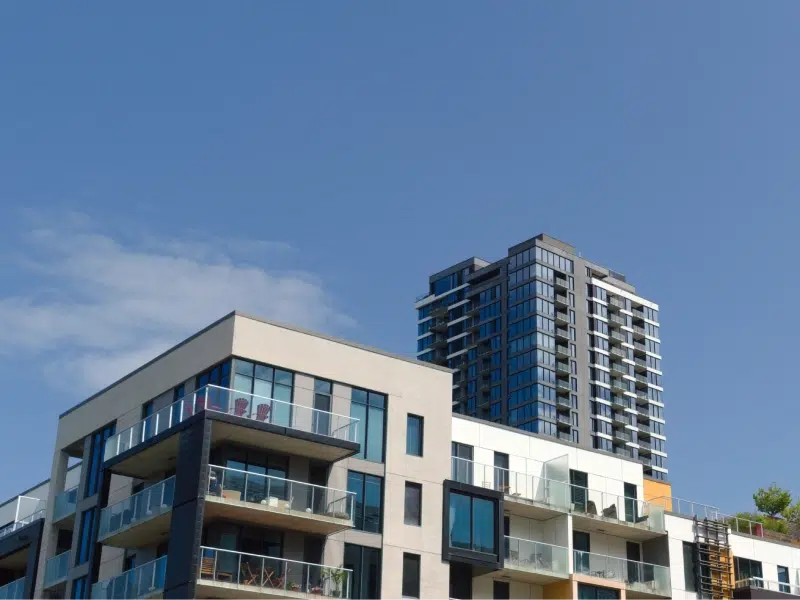Condominium Conversion Laws and Tenant Rights
What buildings can be converted to condominiums in the City of Oakland?
In the City of Oakland, all buildings can be converted to condominiums. If the building is located in the Lake Merritt District, the owner of the building must build new units to replace the units that are being converted.
Can the landlord increase rent during the condominium conversion process?
A landlord may not increase a tenant’s rent for twelve months after the filing of the tentative map or tentative parcel map.
Are there any restrictions on a landlord’s right to do construction during the conversion process?
The interior of tenant-occupied units cannot be remodeled during the condominium conversion process in the City of Oakland. This prohibition lasts until thirty days after issuance of the final subdivision public report or, if one is not issued, after the start of subdivider’s sales program.
Can I buy one of the condominiums?
City of Oakland tenants must be given the exclusive right to purchase their units, or any other available unit in the building, upon the same or more favorable terms and conditions that such units are initially offered to the general public. This right lasts until thirty days after issuance of the final subdivision public report or, if one is not issued, after the start of subdivider’s sales program.
Can I be evicted after conversion?
No. City of Oakland tenants cannot be evicted for 180 days after issuance of the final subdivision public report or, if one is not issued, from the start of subdivider’s sales program. After this 180-day period, a tenant can only be evicted subject to Oakland Just Cause Ordinance.
Are there special protections for elderly tenants under the City of Oakland Condominium Conversion Ordinance?
Tenants who are sixty-two years or older must be given lifetime leases on their units, or at the tenants’ option, on any other available unit in the building. The leases must begin before the date of issuance of the final subdivision public report, or, if one is not issued, no later than the start of subdivider’s sales program. All terms and conditions of the lifetime lease shall be the same as those contained in tenants’ current leases. Tenants can still be evicted for just cause, but presumably not for no-fault reasons such as owner move-in eviction. If the unit is covered by City of Oakland Rent Control Ordinance, the rent increases must track those allowed by the Ordinance. If the unit is exempt under Costa Hawkins, the rent level for the first year must not be more than the rent that existed on the unit one year prior to the filing of the tentative map, increased by no more than 75% percent of the CPI; subsequent rent increases will be equal to 100% of the CPI.
Can a landlord evict me to avoid providing the long-term lease and other tenant protections?
The City of Oakland will deny approval of a tentative map or tentative parcel map if it finds that the subdivider vacated units in the building proposed for conversion in order to avoid providing payments and other benefits to tenants.
Am I entitled to financial assistance to move or purchase a unit in my building?
Prior to converting to condominiums, a subdivider must draft a tenant assistance program, which must be approved by the City Oakland. The tenant assistance program must address the following:
- Incentives to increase the ability of existing tenants to become owners of the condominiums;
- Financial relocation assistance to tenants; and
- Incentives to assist disabled and elderly tenants.
What remedies does a tenant have in the City of Oakland when a landlord violates the Condominium Conversion Ordinance?
A tenant may bring a civil action for relief or damages for a violation of any part of the City of Oakland Condominium Conversion ordinance. If landlord or agent of the landlord is found to have willfully or maliciously violated this ordinance or the terms of the final subdivision map, the damages will be tripled.





